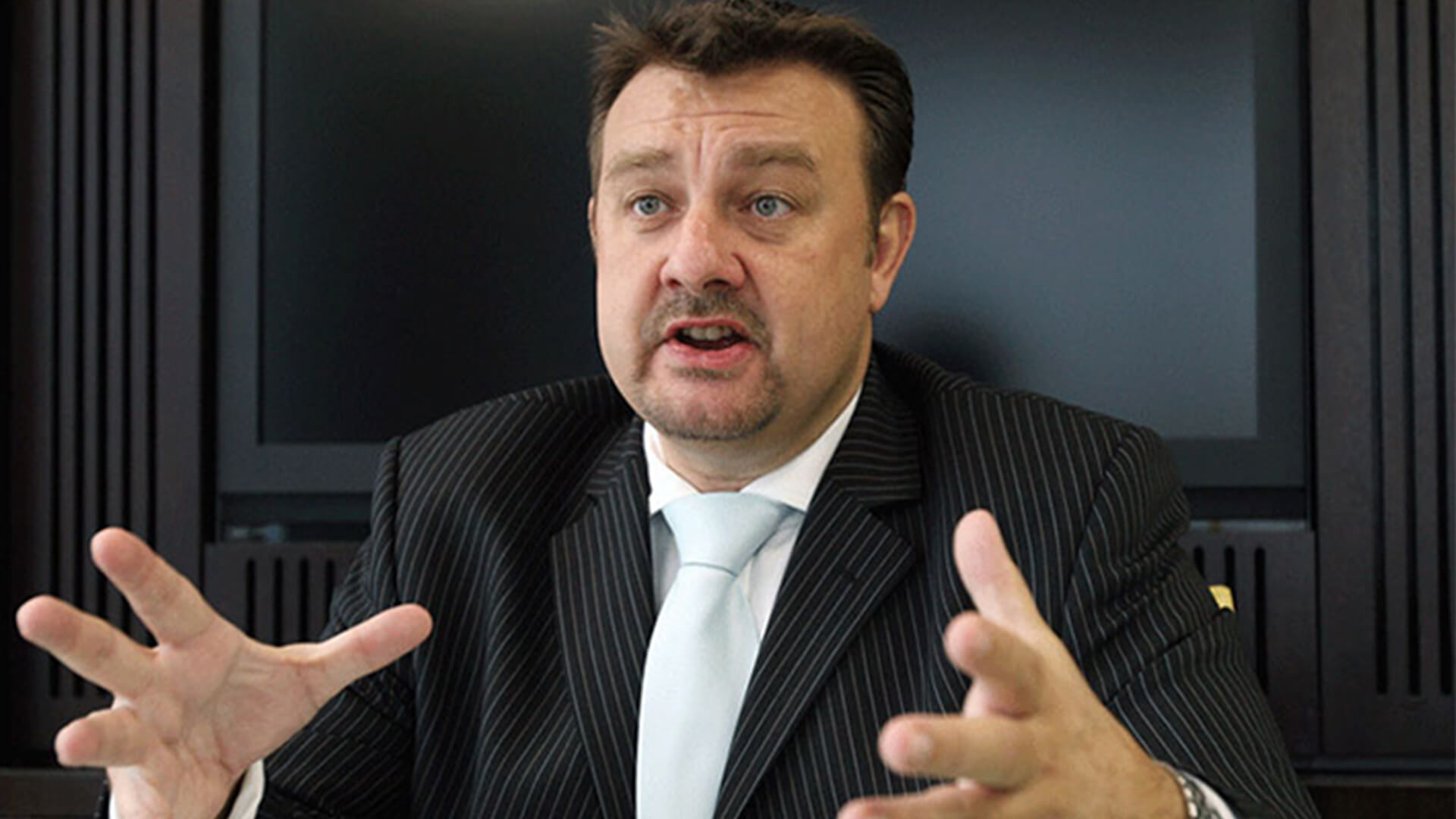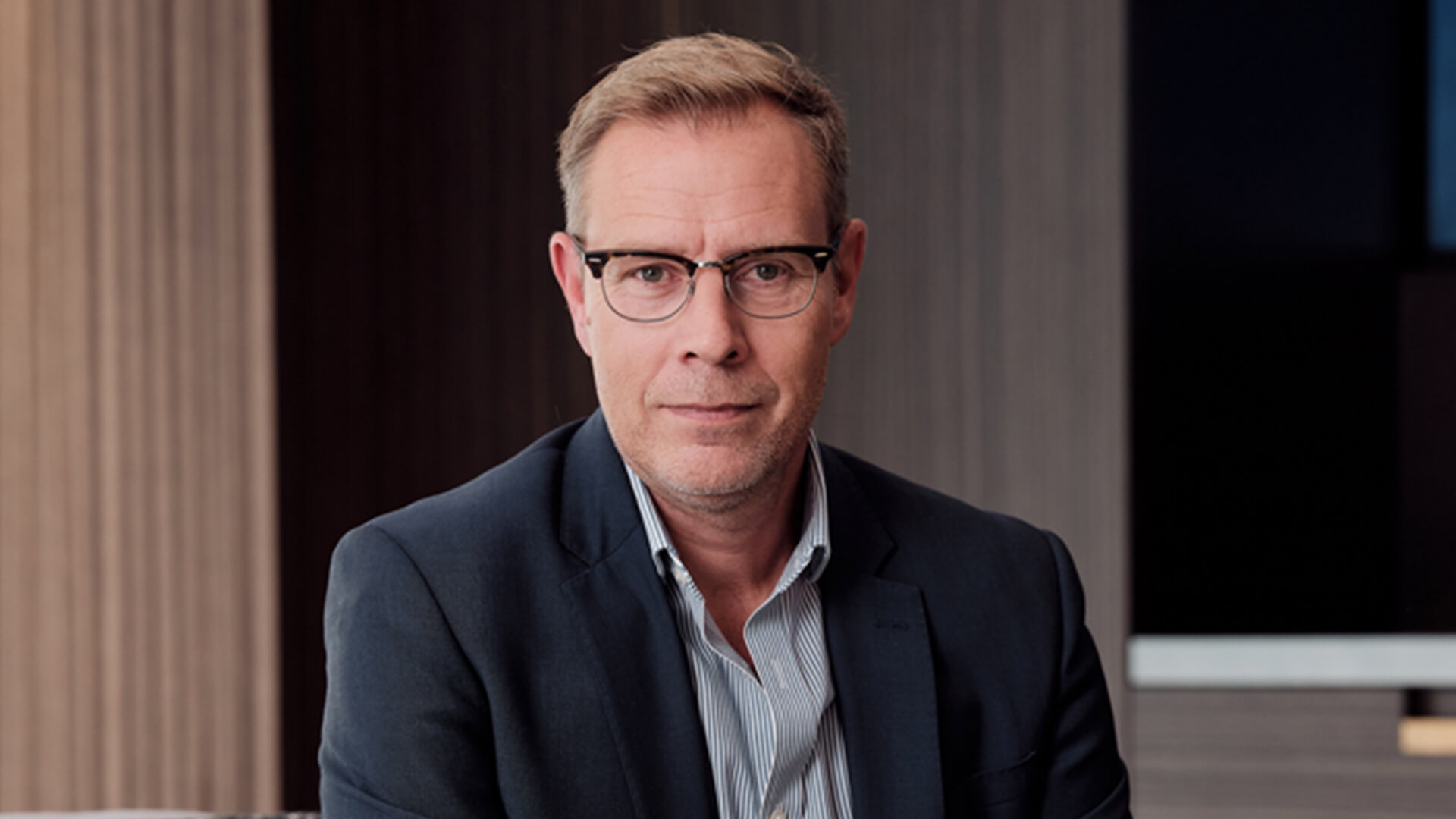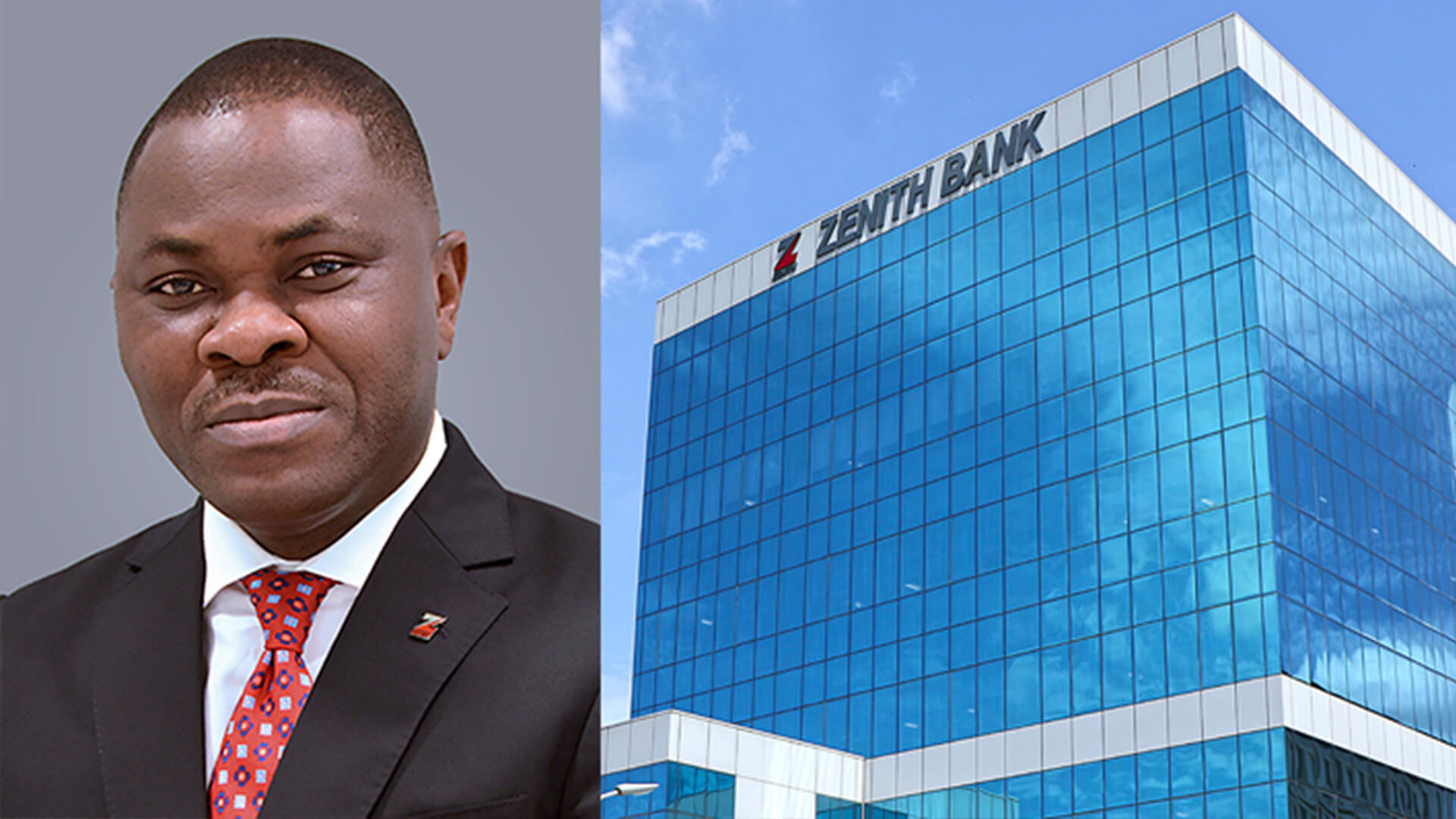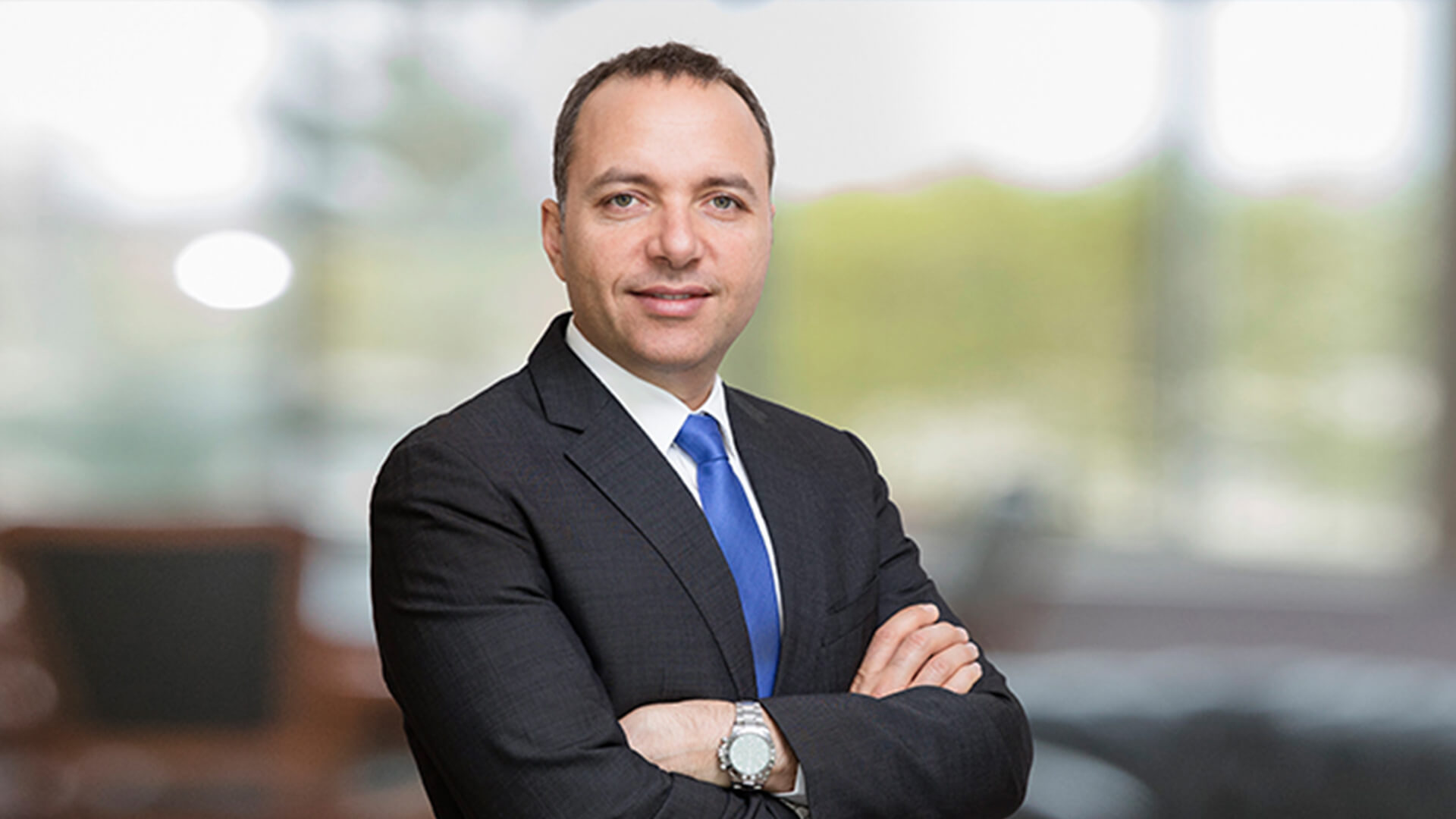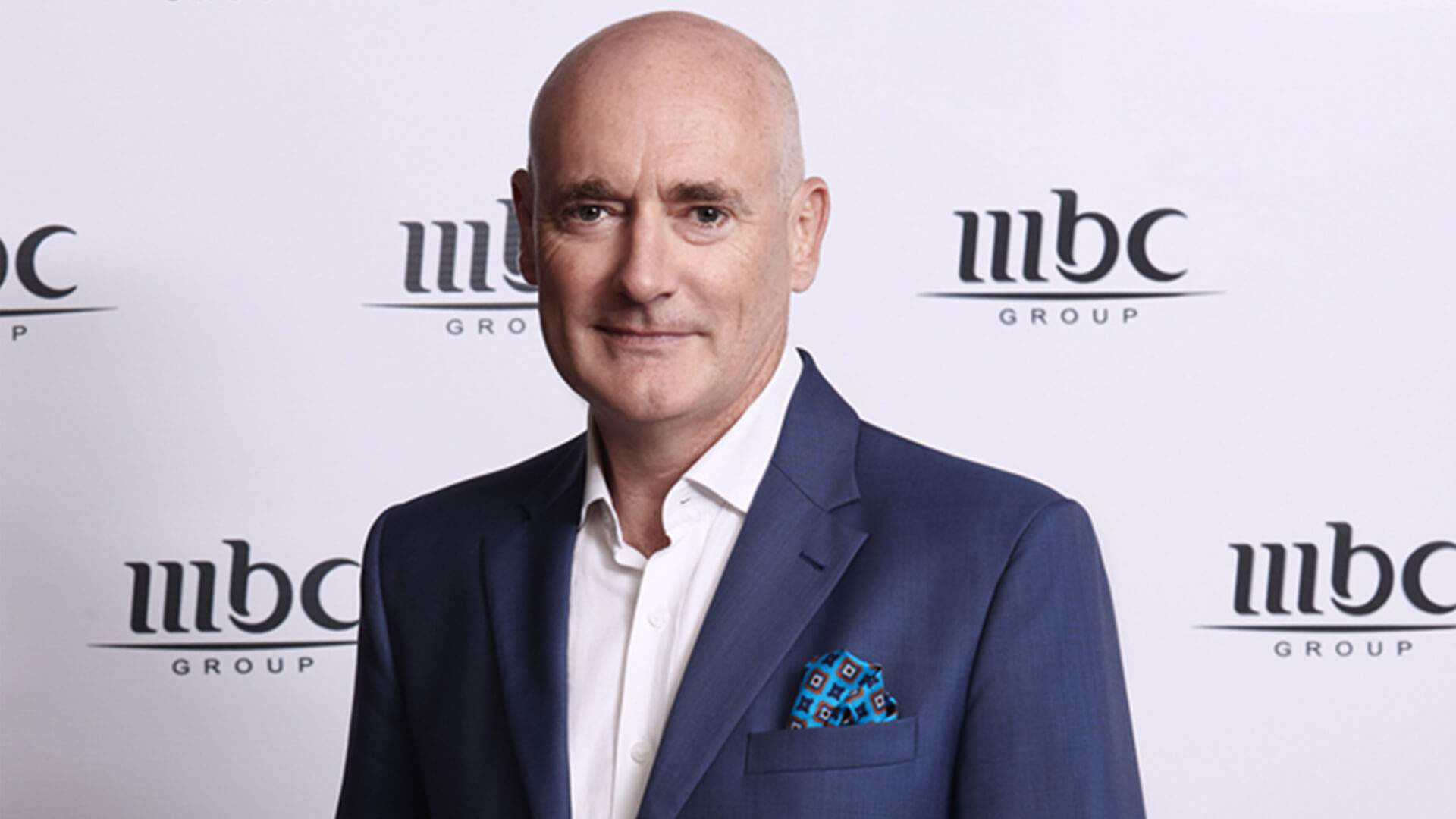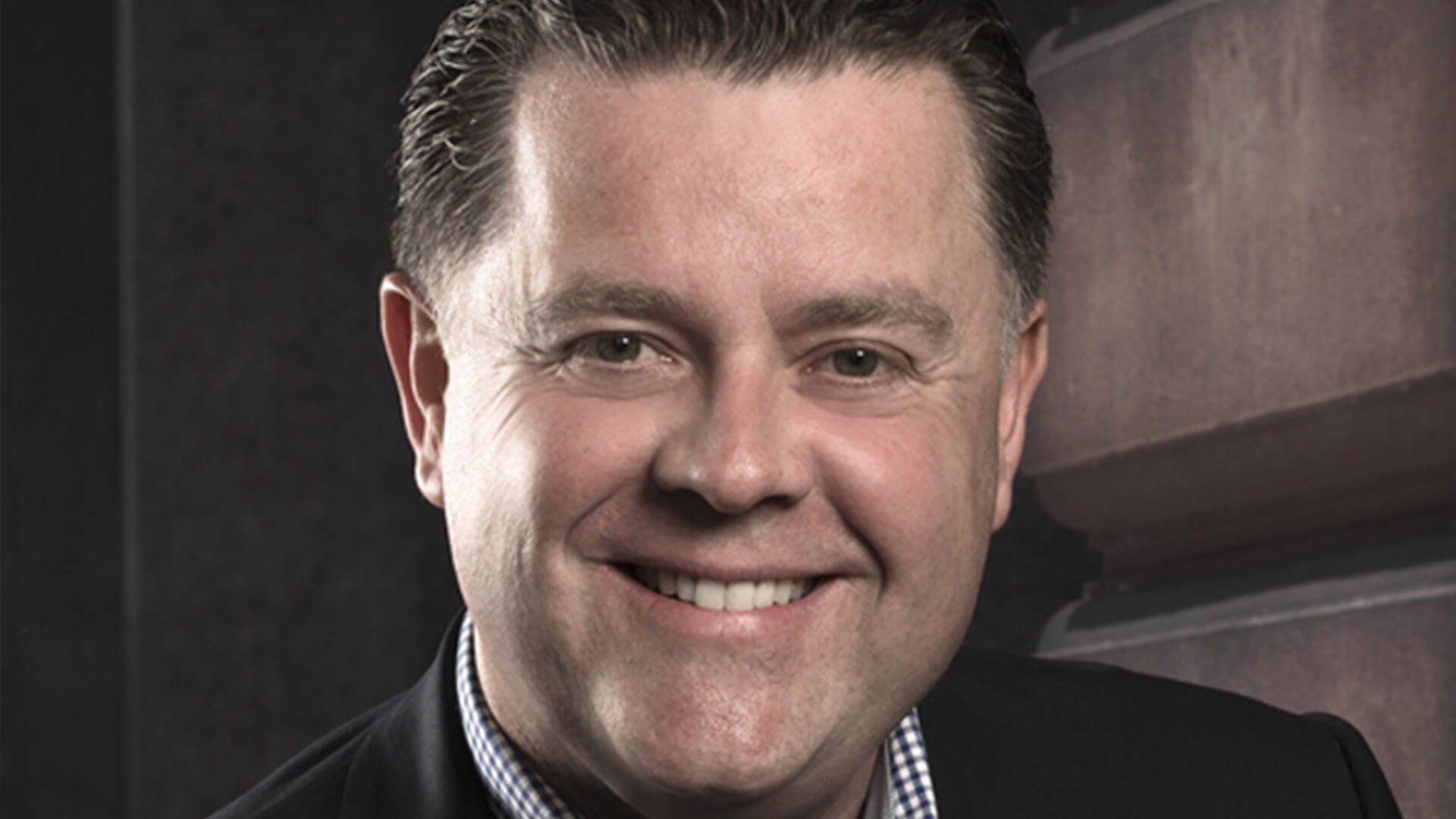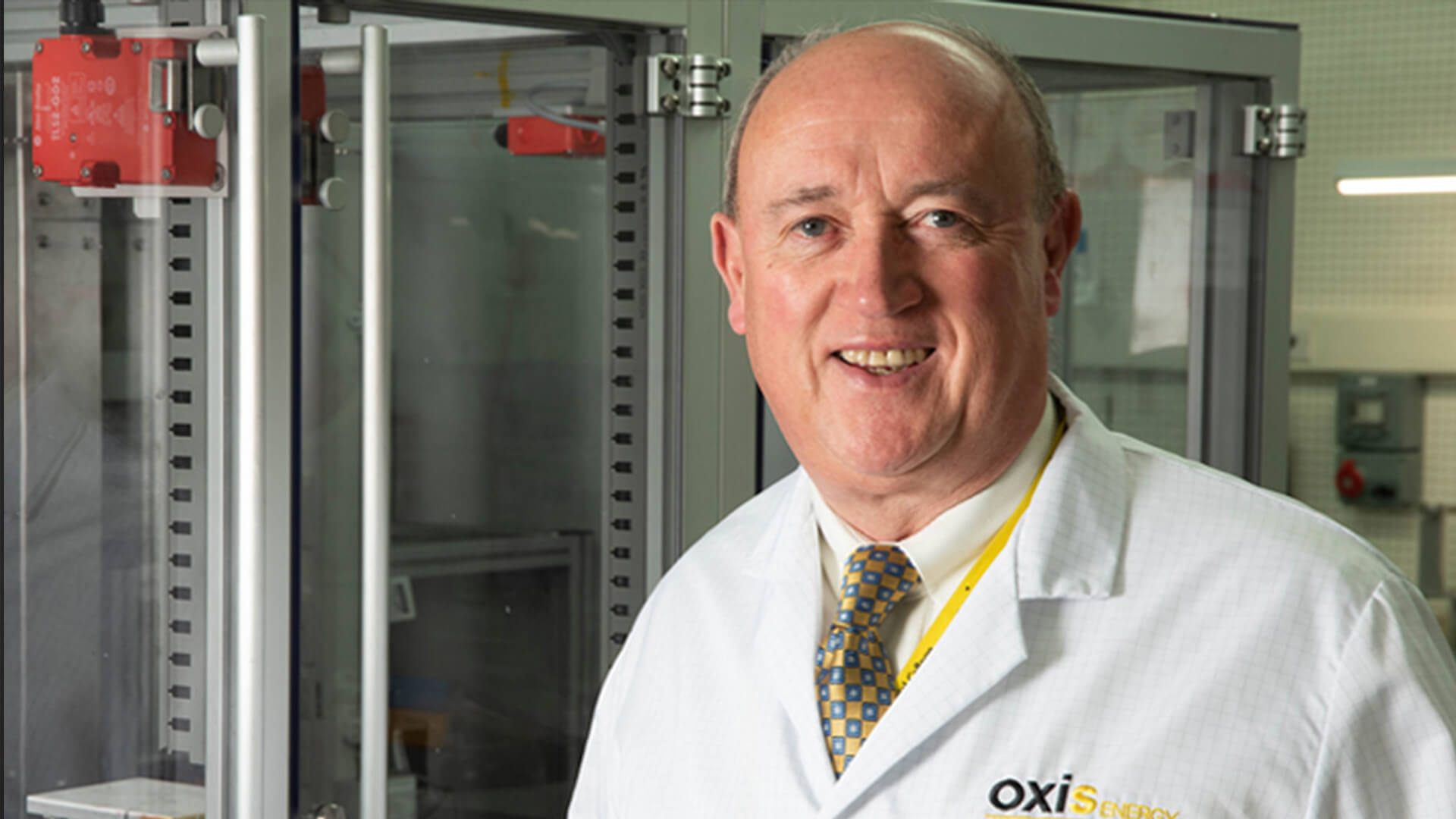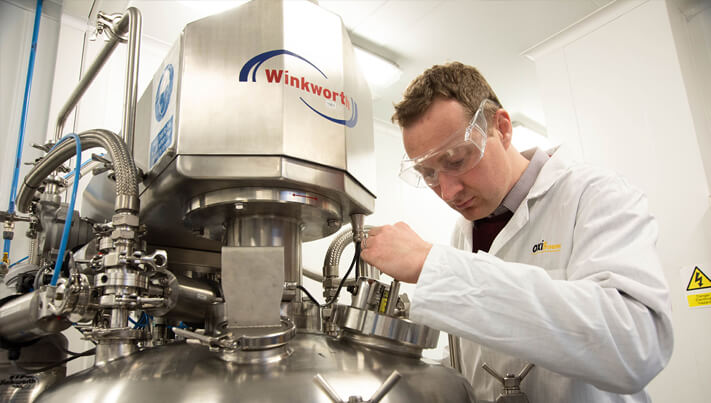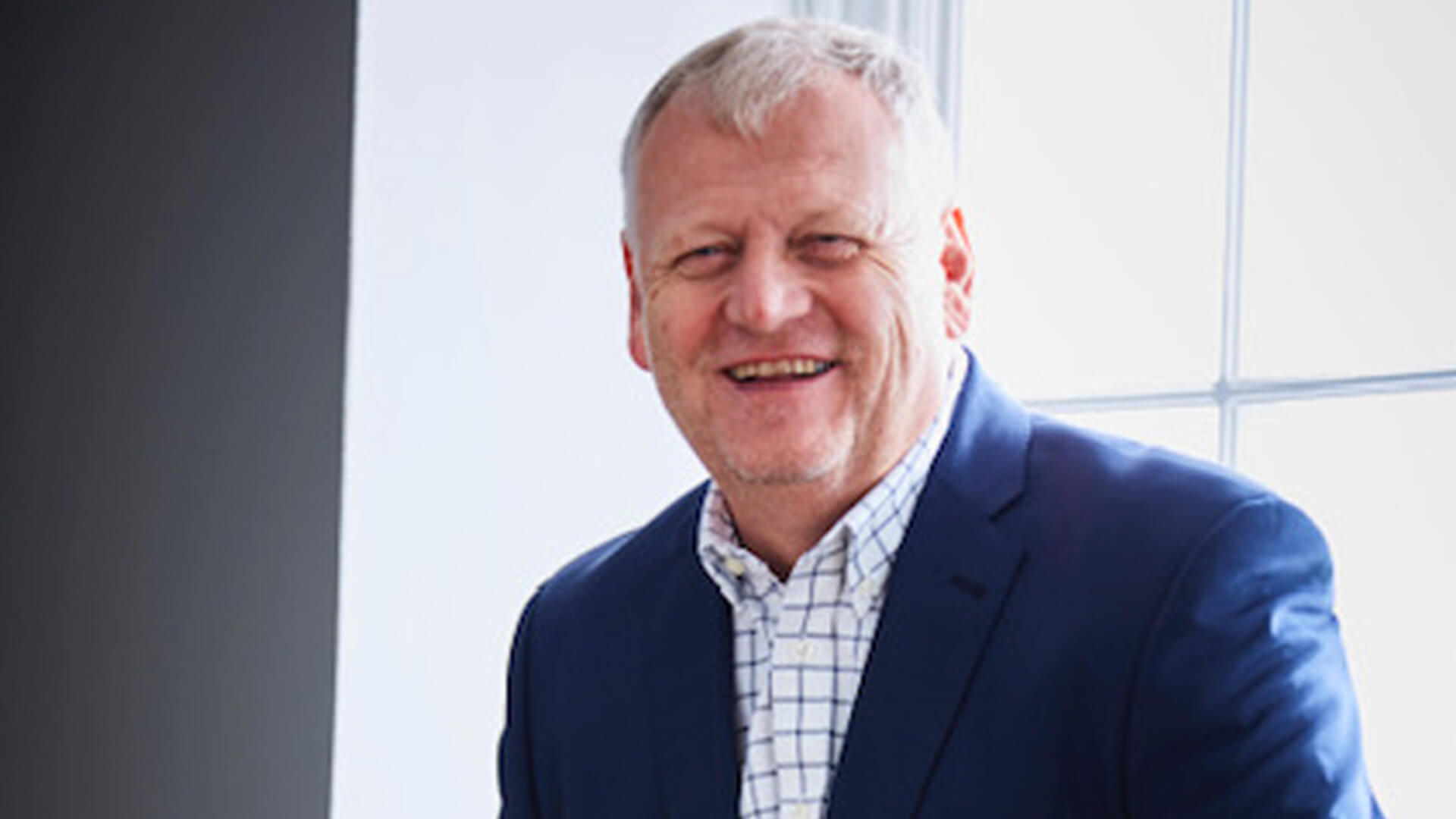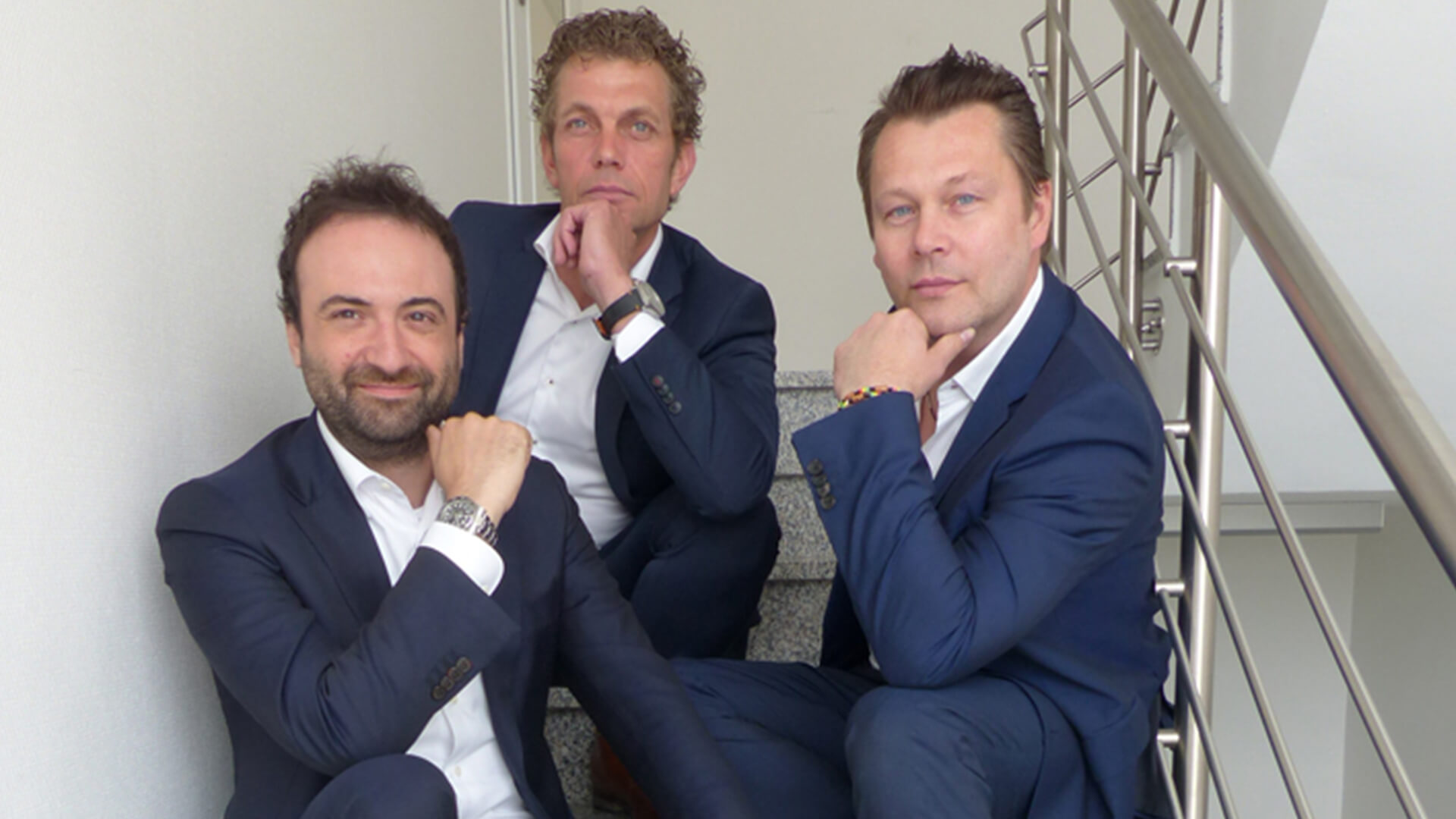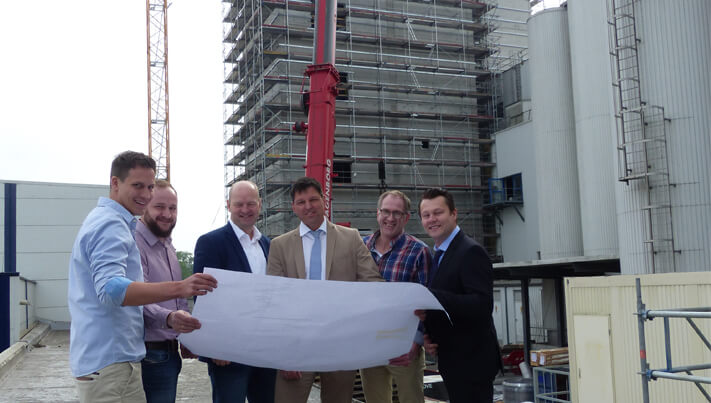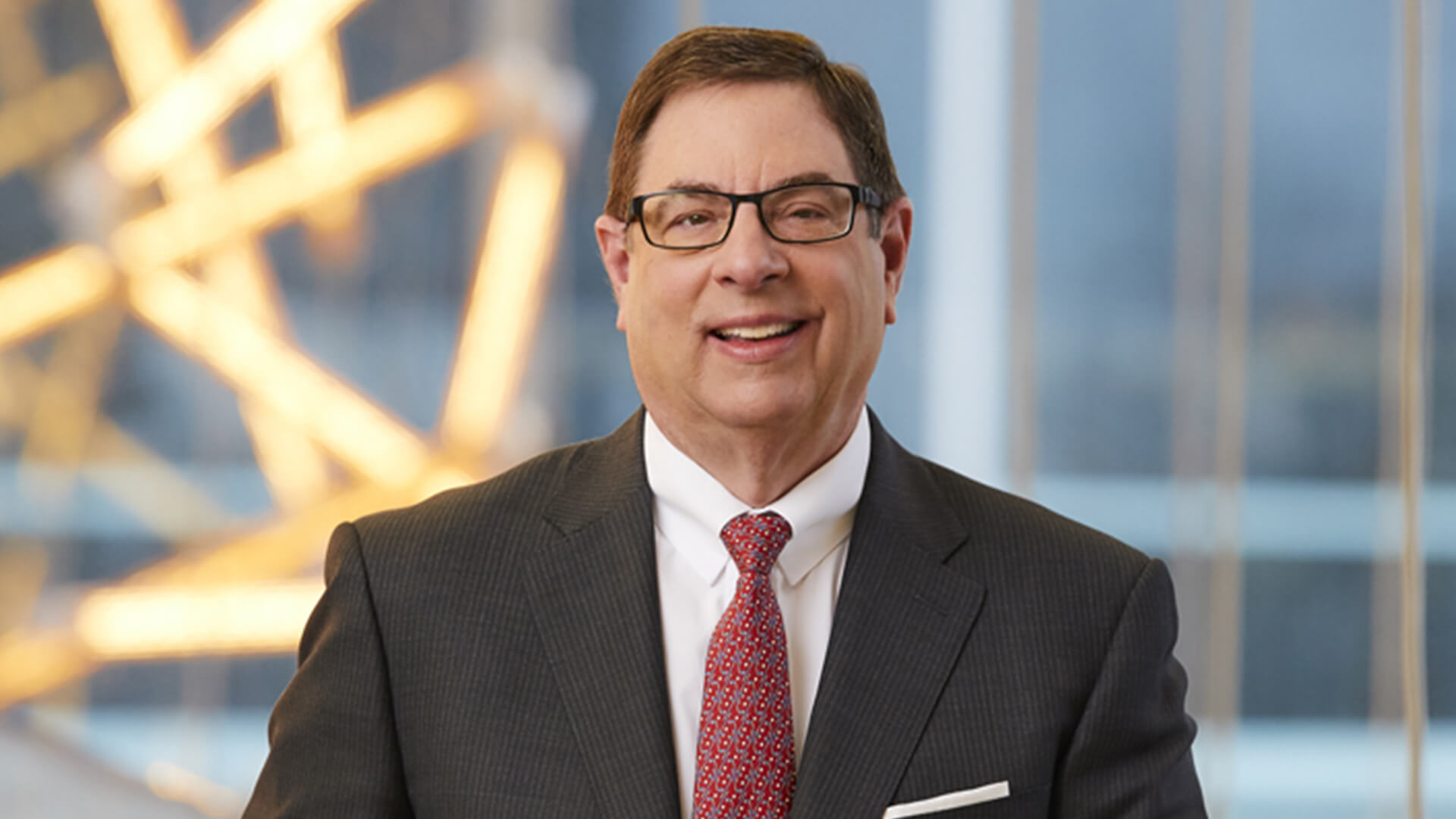Tell us more about about Renewtrak, what does the company do?
Renewtrak is a customer success Business-to-Business white-label service provider that automates the entire renewals process for technology organizations, utilizing a success-based commercial model. Working with technology vendors, distributors and resellers in a channel-friendly model.
Our white label solution dynamically builds renewal quotes and pricing, ensures delivery to the correct channel participant, whilst providing a simple means to collect payment and complete the renewal.
Provided with access to real-time performance monitoring dashboard, Renewtrak delivers a services to enable active review of renewal rates, closure rates, revenue capture and upsell revenue generation.
How are CEOs and CFOs likely to create more revenue using this service?
The Renewtrak service is 66% faster at onboarding, for example it takes around 180 days for a client to hire new people to perform renewals, versus a 60 day one time only Renewtrak set up period. Added to this, no renewal is too small for the service, the lowest value renewal opportunity closed using our service is $9.41. Companies often ignore the low value renewals due to the time and resources required. We have automated the process and are able to mine this long tail that is often left on the table, added to this we can do it at scale. This has the specific advantage of all the best automation solutions: by taking care of those laborious “long tail” renewals, it frees up sales staff to really build better relationships with higher value customers.
What is the average revenue saving for a Renewtrak customer?
The average Renewtrak customer saves the client an annual revenue of 45.4% and increases average client profit by 62.9%.
Where is the service available?
The service is multi-lingual, multi-currency and multi-tax, it supports 32 currencies, and 24 languages. We are growing quickly and adding more language options and payment types, so it is basically available worldwide.
What have companies been doing until now for renewals management?
Until recently the business model has generally been to outsource all renewals to lower cost call centre bases. Our customers and their clients have had to ignore low value renewals due to the time and resources required to secure the renewal. What they needed is a simplified experience, backed by accurate data and automation that can run at scale.
Many technology organisations adopt a “divide and conquer” approach to closing their renewals. Organisations take the available renewals due in a given period, across all customers, and rank them on the basis of revenue size – where the most important renewal is typically determined on the basis of the revenue contribution that deal will make to the organisation, rather than perhaps being considered on the basis of profitability or other criteria that might even include elements like their overall strategic fit.
Those renewals that are perceived to be ‘too small’ are then either left or handed to a limited team of inside sales professionals to pursue and close, where these renewals are themselves ranked by revenue contribution and chased again. This differential approach to pursuing renewals seems logical, but even for the inside sales team, there will be renewals that even they consider too small to chase – the Long Tail.
How does this approach impact existing sales channels? Do the resellers feel threatened by it?
Our service is channel–friendly and always will be. The top reason customers don’t renew is because they don’t know renewals are available, may want to discuss adding or removing user numbers and generally our approach makes sure that not only do they customers get to know that their renewals are due, but their reseller/ partner also gets to find out. We generate more revenue and higher margins for partners, distributors, resellers and vendors. Renewals drive profitability, rebates and customer satisfaction which is the glue that connects you to the customer. It’s a no brainer. So far, the evidence is that distributors and resellers love it: they see a significant increase in those long tail sales, bringing in better rates of closure without demanding additional work. Smaller customers appreciate a simple, automated renewal process, while major customers benefit from greater attention and building closer relationships. The Renewtrak service also begins to learn on the job, refining its renewal strategy and developing real world sales intelligence.
How about customers, can you talk about a case study?
Kelly Eyerman, GM Software at Ingram Micro says of our product “Renewtrak have automated a notoriously complex part of our business. All our specific software vendor renewals are issued, more efficiently, to more partners which generates more revenue and thus more margin for us. Their professional and automated approach to this part of the business has been a welcomed improvement on our sales of renewals. Our vendors and partners are seeing a difference and we are leveraging the ability to proactively upsell and cross sell solutions
What is the market size of the opportunity here?
We see it as very fertile. SaaS in general is one of the fastest growing segments of the enterprise market. Approximately 18 % of technology vendor revenue is centred on renewing support, maintenance or licensing contracts. Current Software Cloud/XaaS US sector size in the US is $ 463.7bn p/a, with a renewals opportunity of $129.6bn p/a and projected sector growth at 11.9% p/a. (Ref Gartner and others).
You have recently opened your HQ in Palo Alto, California, why that location?
We are growing fast and need to be near our main customer base, and also near the top talent that is available here on the West Coast, as well as supporting our other international offices in Sydney, UK and Singapore.
Are you using AI in your business?
Renewtrak is machine learning and automation centric, I would say we are a machine learning company that is working in renewals, we want the machine to learn. We want to run things for a while so we can accrue some data against which we can apply the AI tools, and derive an engine for the artificial intelligence to apply itself. There is currently no demand for AI in our business model and using AI would make no appreciable difference at the moment. Once we have further built up our datasets, the machine will be able to learn and start to predict renewal behavior. However, I don’t see this as true AI. True intelligence requires prior learning and experience, and the application of that against the data set. Without machine learning, and data in place, it’s not artificial intelligence, artificial dumbness.
Nick McMenemy is the CEO and Founder of Renewtrak, a pioneering channel-friendly renewals SaaS solution. Launched in 2014, Renewtrak is a white label service provider that delivers a portfolio of Intelligent Customer Management services to maximise revenues and margins from existing client relationships.
